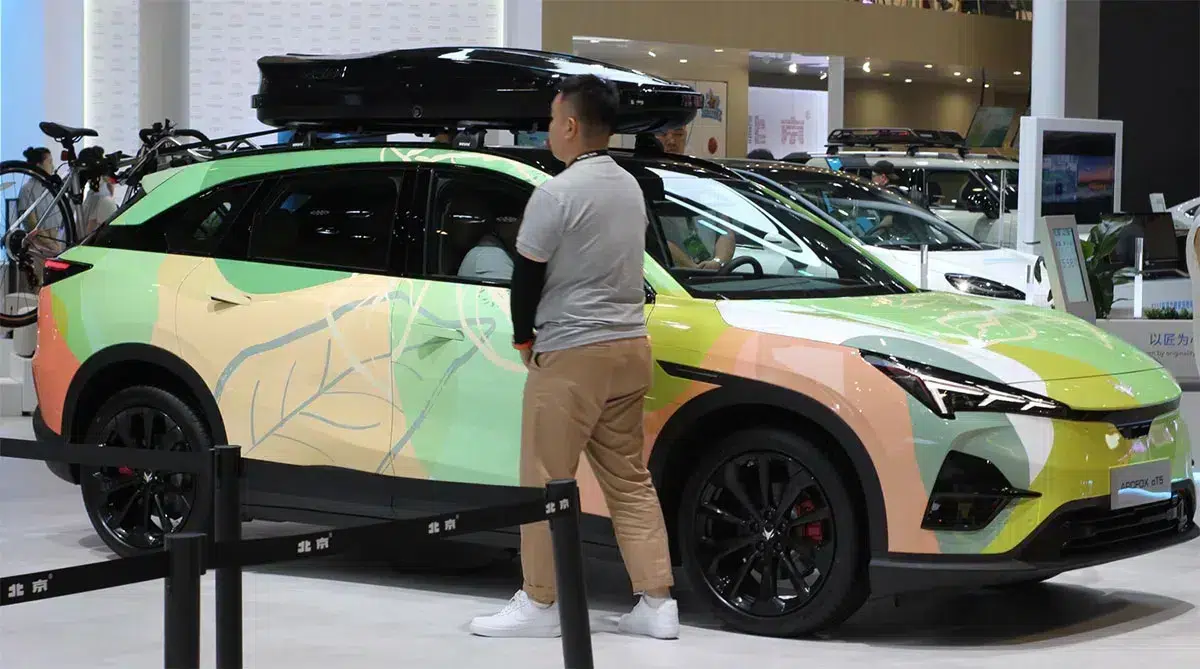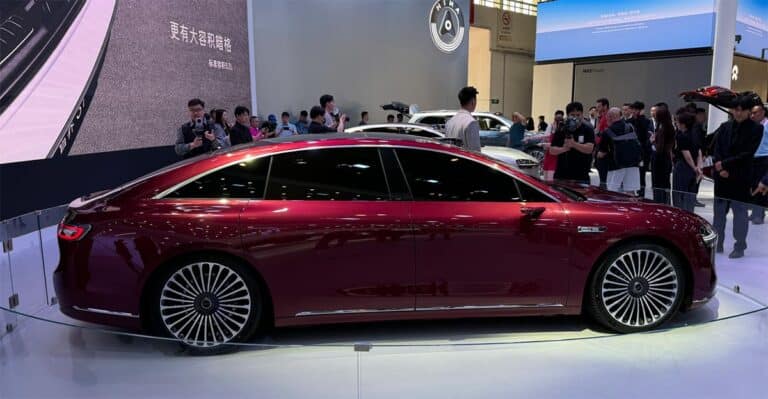BAIC's EV arm BJEV has reduced its production capacity by 62.5 percent by reducing the number of production sites from three to one.

BAIC BluePark New Energy Technology Co Ltd's electric vehicle (EV) subsidiary, Beijing Electric Vehicle (BJEV), has announced a cut in its production capacity, highlighting the struggles the company is facing.
In a stock exchange announcement today, BAIC BluePark said that BJEV's production location has been changed from Beijing, Qingdao in Shandong province, and Cangzhou in Hebei province to just Beijing, and that the Beijing location is a new one.
Following the change, BJEV's design capacity has been revised down to 120,000 units from the previous 320,000 units, a 62.5 percent reduction, according to the announcement.
The move is unusual among local EV makers, as many other players are usually expanding their production capacity in response to growing consumer demand for EVs.
BAIC BluePark was the first carmaker in China to be licensed to produce EVs, and was the No. 1 seller of pure electric passenger cars in China for many years since 2013.
However, the company's sales have been gradually declining since 2019, and it sold only 26,127 units in 2021.
In the first half of this year, BAIC BluePark sold 28,011 units, according to its semi-annual report.
BAIC BluePark has continued to face losses over the past few years. The company's revenue in the first half of the year was RMB 3.74 billion ($530 million), down 35.16 percent year-on-year.
It reported a net loss attributable to shareholders of RMB 2.57 billion in the first half of the year. It had a loss of RMB 1.98 billion in 2023.
The company currently owns three brands -- Arcfox, Stelato and Beijing -- with Stelato being a collaboration between BAIC BluePark and Huawei.
($1 = RMB 7.0608)
